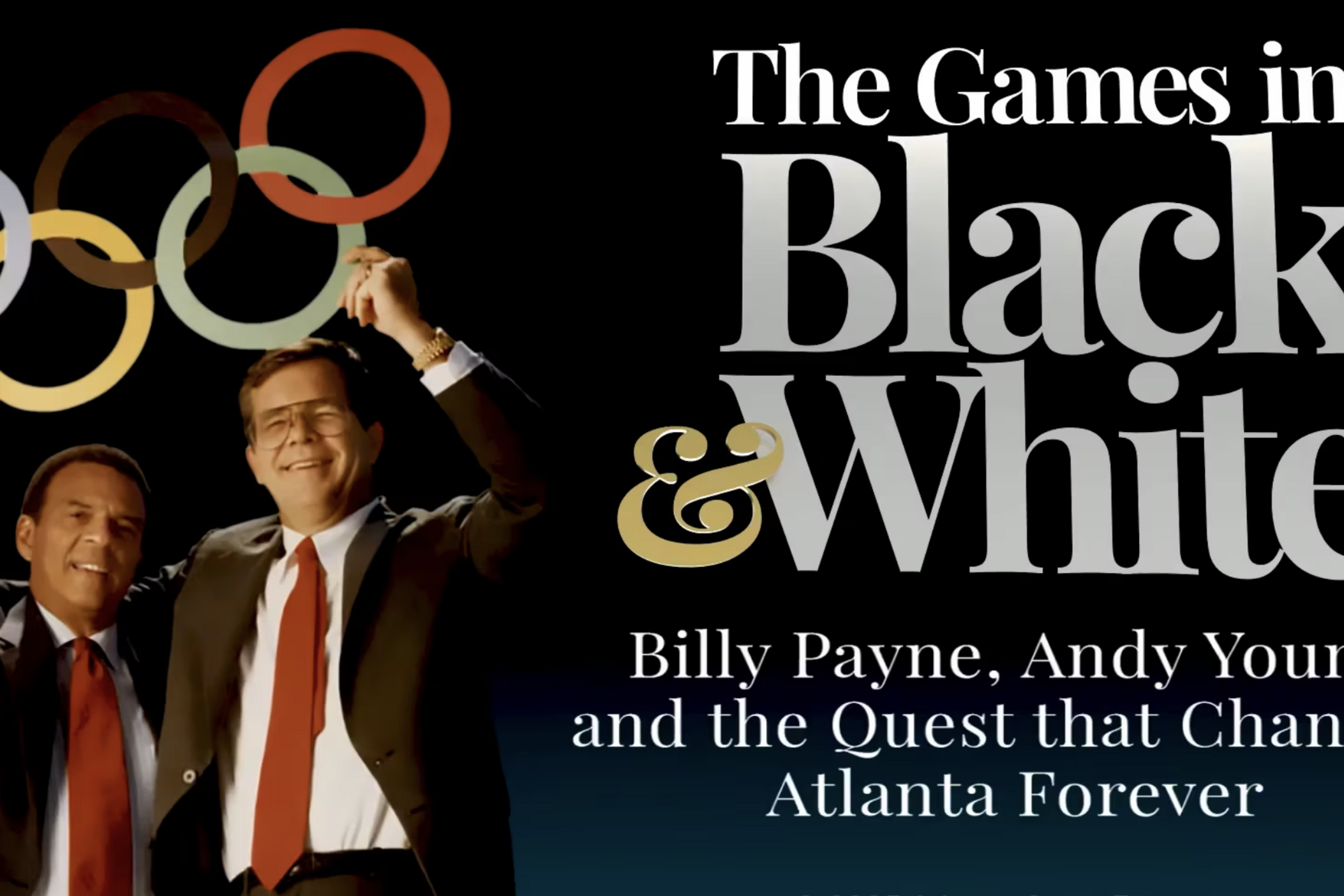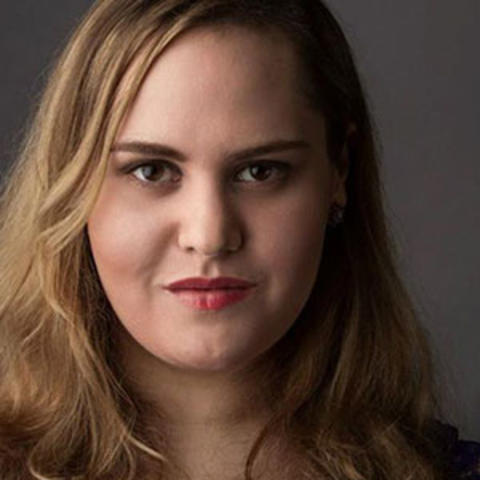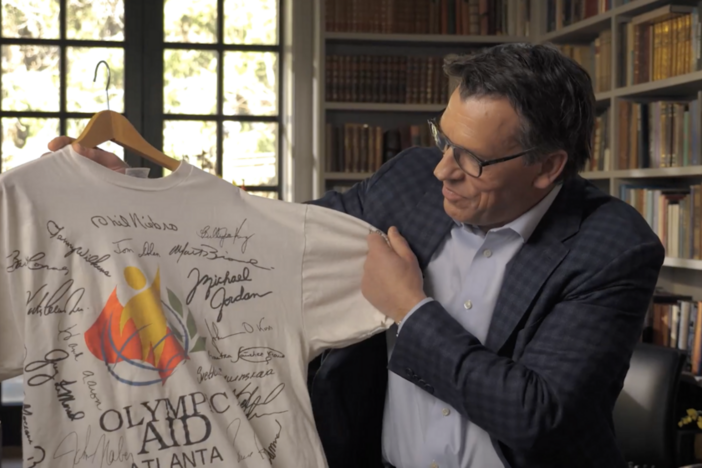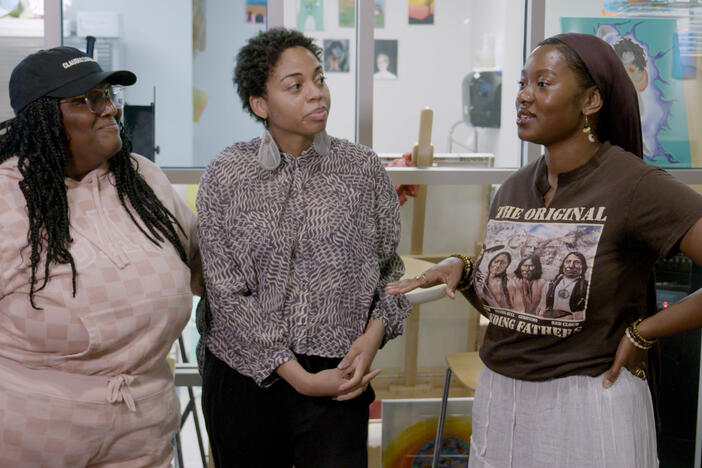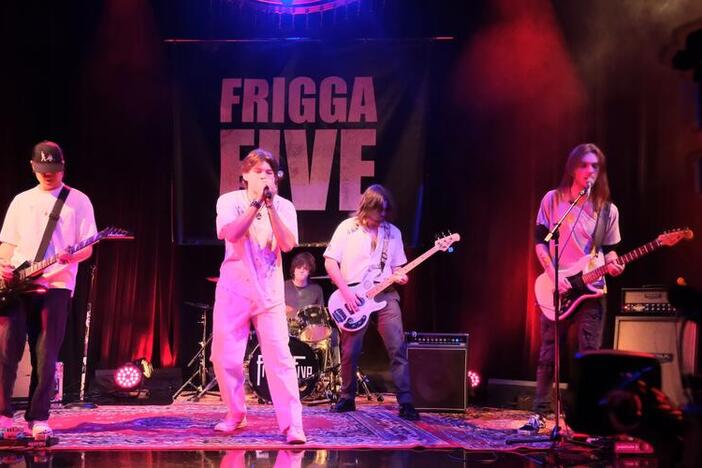Section Branding
Header Content
The Games in Black & White: How Civil Rights and Olympic Ideals United in Atlanta
Primary Content
When you enter through the gates of Atlanta’s Centennial Olympic Park, you’re greeted by a dazzling amount of choice for Atlanta attractions. From the World of Coca-Cola, to the Center of Civil and Human Rights and the Georgia Aquarium, the open green space downtown is a beacon of some of the best Atlanta has to offer for both locals and visitors alike. But it’s also a tribute to a legacy that will turn 30 years old in 2026, highlighting a time in the state’s history where a bustling Georgia city was the topic of conversation around the world.
It’s the 1996 Summer Olympics, of course, that so many recognize when asked about Atlanta. Personally, I was an elementary school student when the games took place and had yet to call Atlanta home. For a young girl from the Midwest, the 1996 Olympics was the story of the Magnificent Seven in Women’s Gymnastics (that my parents permitted me to watch) and the Centennial Olympic Park bombing (that my parents did not want me watching coverage of). Those stories, alongside an array of transportation problems, were the stories shared across the world from Atlanta. But what about the stories left untold from this monumental time in Georgia’s history? How did Atlanta, once confused with gambling capital of New Jersey during the Olympic bid, come to host the Centennial Olympic Games and what has been the lasting impact of the 1996 sporting event on the city?
It was over a glass of wine back in 2019 when writer George Hirthler met with filmmaker and friend Bob Judson for some production knowledge related to a novel George had written and sold to a Hollywood producer about the founding of the modern Olympic Games. “Bob looks at the book,” Hirthler reminisces back on that night six years ago, “and says ‘I want to get in on this project.’ I said the project’s closed out but he said ‘What can we do together?’ And I replied ‘Well, no one’s done a documentary on the Atlanta Olympic Games. No one’s done anything on the bid, the games and the legacy: There’s three parts to it.’”
"Well, no one’s done a documentary on the Atlanta Olympic Games. No one’s done anything on the bid, the games, and the legacy: there’s three parts to it."
Judson was all in, eager to figure out how to make it happen. Pooling their own money and resources together, they knew that their documentary should feature another strong friendship with a vision of what Atlanta, and its story, could be. “We knew that Billy Payne and Andrew Young’s story was at the heart of what we wanted, the story we wanted to tell. And Bob loved the idea of following up with Billy and Andy.”
It was just before the world was rocked by the COVID-19 pandemic that Hirthler and Judson began their interviews, five of which, including Billy Payne and Andrew Young’s conversations, were shot at Georgia Public Broadcasting’s studios on 14th Street. But 17 interviews later in August 2020, the pandemic forced production to be shut down. Yet, just like Payne and Young's prevailing friendship and perseverance, Hirthler and Judson weren’t deterred: it allowed them to conduct more research, uncover more stories that unfolded before and during the summer of 1996 and were now ready to be told.
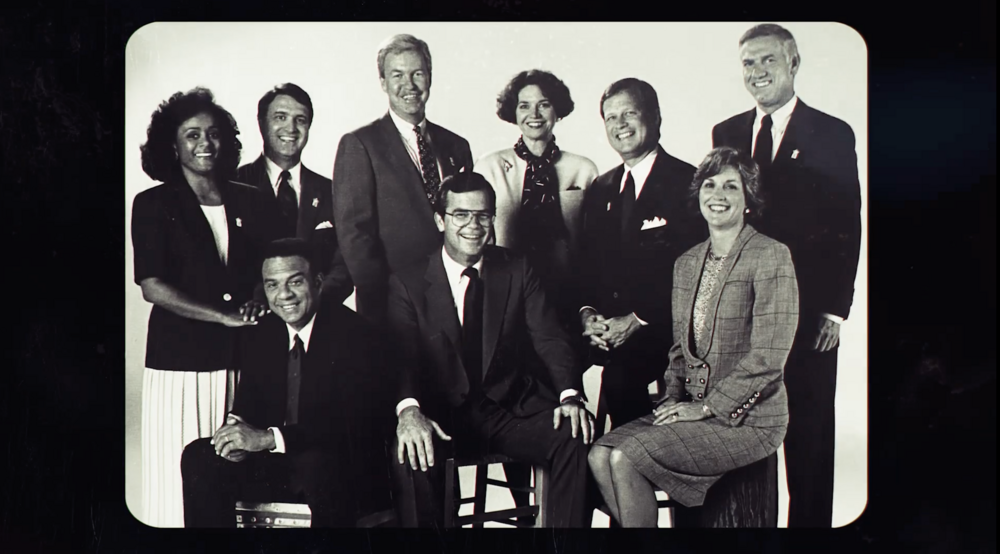
“Without Atlanta’s incredible civil rights heritage, we would have never won the bid to host the games,” Hirthler divulged. “Part of what happened in Atlanta uniquely, the values of the civil rights movement and the values of the Olympic movement are very parallel and they fit together almost seamlessly.”
And they were at the forefront of the planning efforts for obtaining the bid. The friendship between Billy and Andy as well as Atlanta’s influence in the civil rights movement helped unite the Atlanta Nine, a group of individuals who believed so strongly in what these two leaders were attempting to achieve for the city they loved. From fostering friendships in the IOC in the late 1980s and early 1990s, encouraging members to visit Atlanta for themselves to experience the city’s Civil Rights history as well as sharing their vision of Southern hospitality, hosting dinners for IOC members in private homes and introducing them to local Olympians, they set the stage for a city representing both unity and warmth. That, paired with the detailed plans the group prepared showing how Atlanta’s infrastructure could support the events, transportation, and housing of the athletes and spectators, Atlanta rose from the ranks of being an unknown city to a serious contender, one that finally won the 1996 bid.
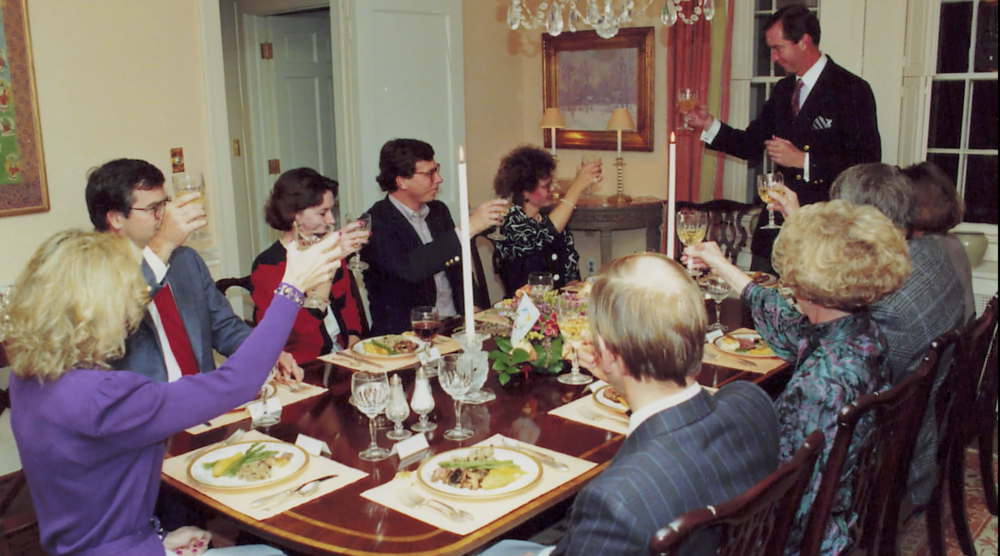
But beyond looking back at the story of 1996 Olympic Games in Atlanta, the job opportunities it brought for minorities and women, a humanitarian aid effort supported by athletes and celebrities alike, and the outpouring of support of local volunteers are stories that Hirthler and Judson hope to preserve, ones that could only be told long after Closing Ceremonies. With the help of Mayor Maynard Jackson, who eagerly supported the Atlanta bid for the Games after taking office, 25% of City of Atlanta contracts went to minority-owned businesses, a sharp increase from the previous 1%, with many in place to help build and host the Olympic Games. Billy Payne recognized and harnessed the enthusiasm of local residents with the announcement of The Olympic Force, a volunteer program that gave 50,000 people the opportunity to be a part of staging the Olympics (and received over four times that amount in applications). And Andrew Young, inspired by his visit to the 1994 Olympic Games in Lillehammer, Norway, teamed up with UNICEF and Norwegian speed skater Johann Olav Koss to launch Atlanta Olympic Aid 1996, an effort to produce peace treaties in conflict zones and immunize children around the world in the run up to the Games. These untold stories, alongside the remarkable journey that brought the Games to Atlanta in the first place, are the driving forces behind the documentary.
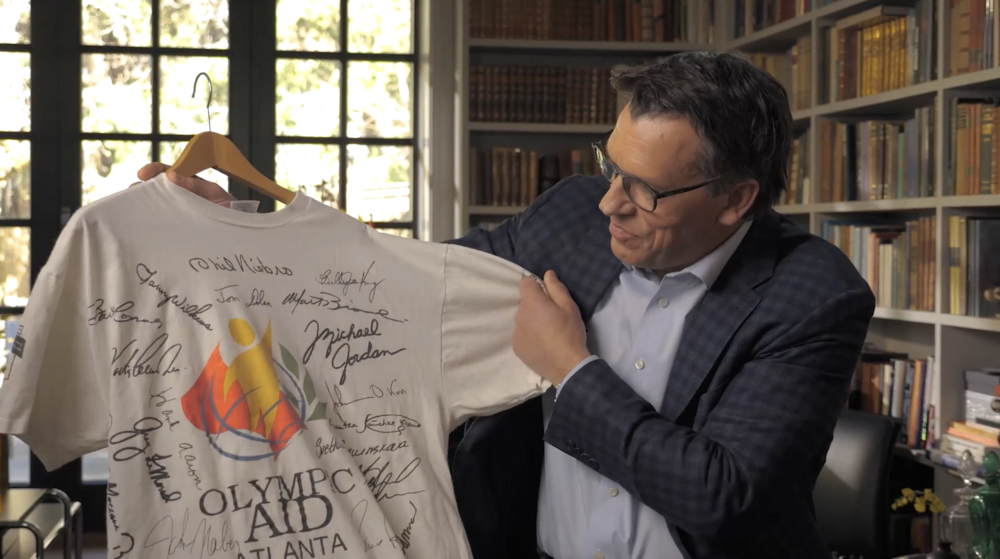
Alongside the legacy of the 1996 Olympic Games, I asked Bob Judson and George Hirthler what sort of legacy they hope that The Games in Black & White will leave for audiences, both old enough to remember what Atlanta was like before and during the Games, and those who were too young or simply not born yet. Judson hopes that the film itself will serve as a teaching tool for when Atlanta was in the spotlight on the World stage. “It becomes a tool for community outreach where [we’re hoping] it’ll travel to schools, libraries,” Judson said as he explained his vision for the film, “where it can become not only a legacy of the city but tells a story that every new generation in Atlanta that rises up needs to hear about the greatest moments in the city’s history, when the city rose to its destiny and changed the direction of its future.”
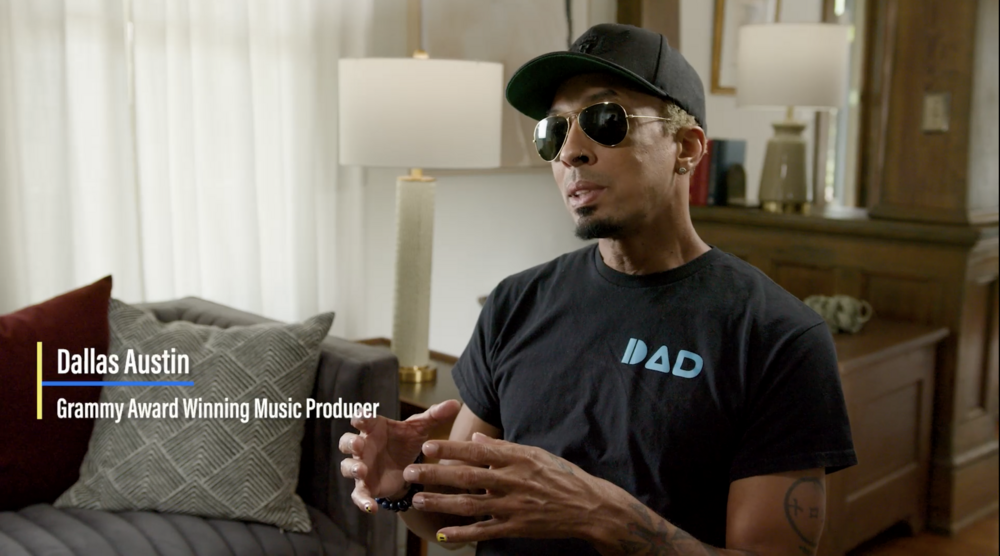
Still many testaments to the Games remain: Center Parc Stadium, once home to the Atlanta Braves and now the Georgia State Panthers, expansions to the Georgia World Congress Center, and the aforementioned Centennial Olympic Park, its gates adorned with the Quilt of Leaves, to name a few. Next time you’re crossing through it on the way to Skyview Atlanta or the College Football Hall of Fame, take a moment and remember Atlanta’s Olympics journey and how two enduring friendships, Billy Payne and Andrew Young as well as George Hirthler and Bob Judson, helped shape Atlanta’s legacy for years to come.
The Games in Black & White premieres Tuesday, July 29 at 8 p.m. and will be available to stream online and on GPB Passport.
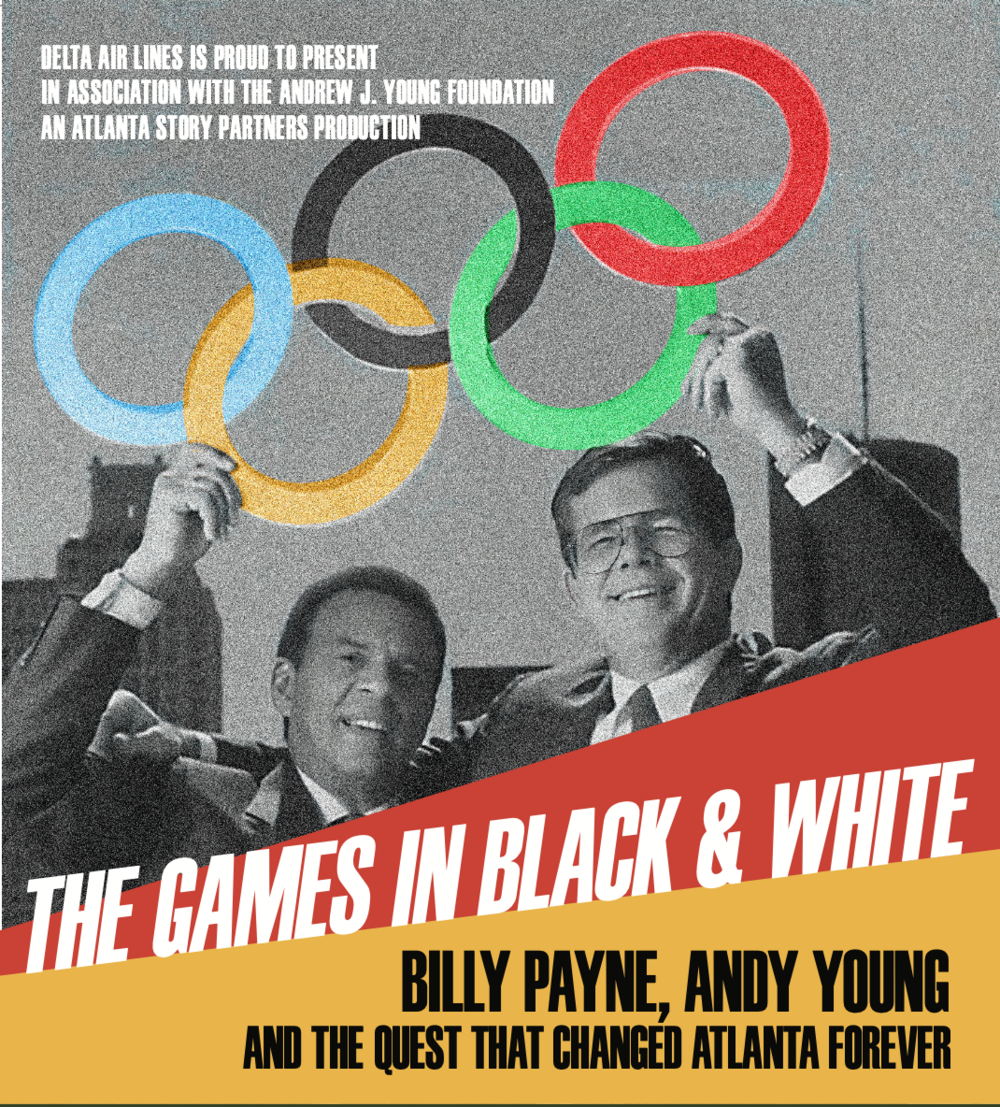
Ahead of the 30th anniversary of the 1996 Summer Olympics in Atlanta, Bob Judson and George Hirthler reflect on the bid, the Games and the legacy in a new documentary.

